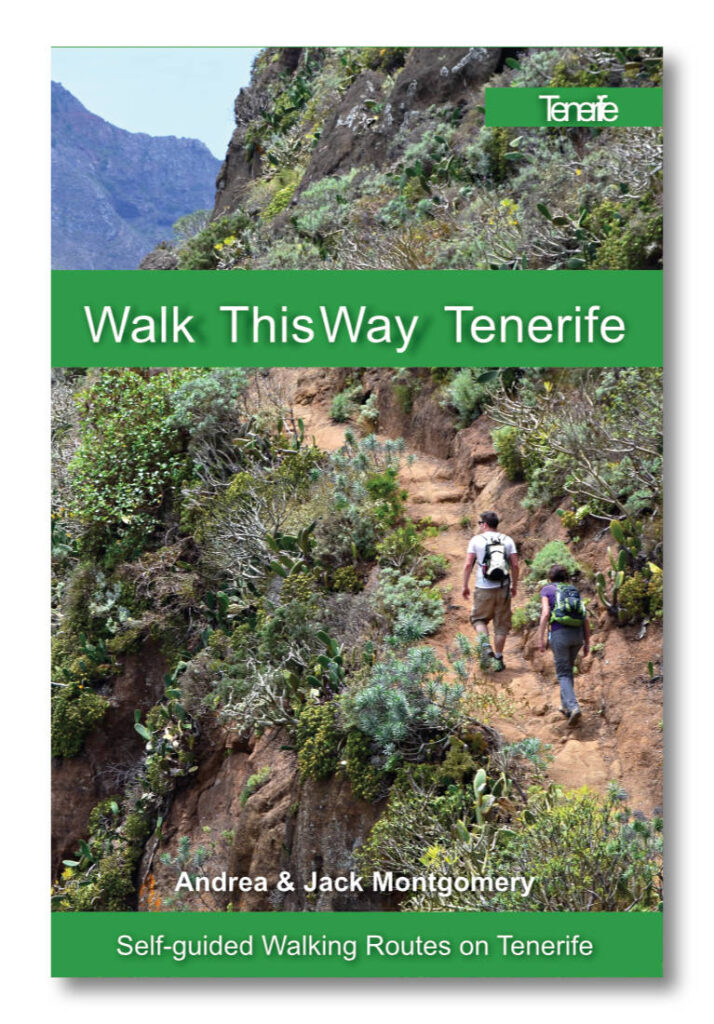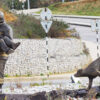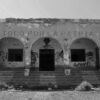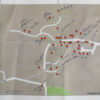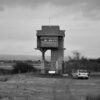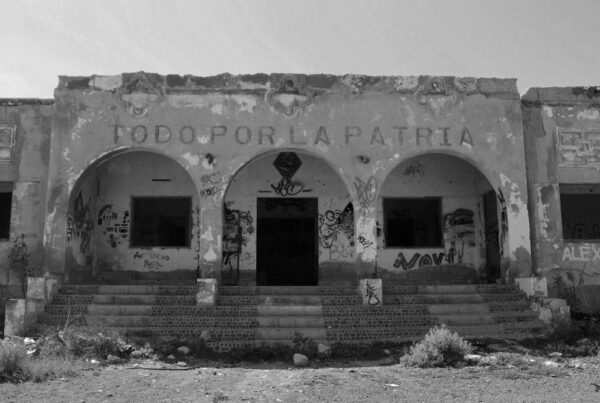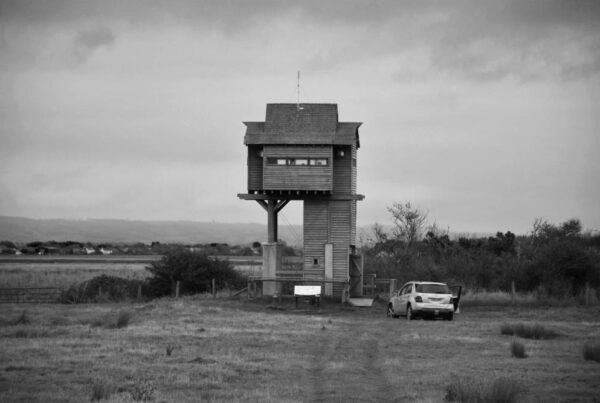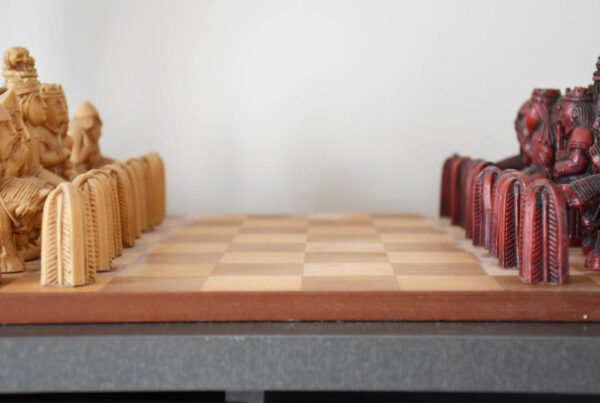It’s the time of year when I get the urge to breathe new life into our The Real Tenerife website. This feeling is prompted annually when travel articles about the Canary Islands pop into my news feeds. While there are some good ones, many don’t have anything new or different to say. The worst have me with my head in my hands, muttering FFS. These are also reminders of why I’m happy to relegate the travel part of my writing to the sidelines.
This week, one article alone provided two examples of excesses of superficiality which has contributed to my falling out of love with travel writing. It concerned a stay in a luxury hotel on the south west coast of Tenerife and a reference to sunsets over Mount Teide. I’ll forgive the bigging-up of views of Mount Teide from that part of the island, even though Teide from the south west isn’t quite as obvious to spot as it is from the other side of the island (see image). It’s the sunset reference which niggled. Folk who know Tenerife well will also know why that jumps out. For those who don’t, the sun sets in the opposite direction.
The second was a reference to opting for jamón ibérico from a menu because ‘when in Spain.’ It smacked of what I call ‘faux travel snobbery.’ Apart from it being in a restaurant inside a hotel complex, jamón ibérico might be Spanish, but it isn’t Canarian. Nil points for authentic dining on two counts. These are insignificant niggles … if they turned up on Tripadvisor. In a travel article, it’s not so good. The article is an advance party of what will become a tsunami of eyebrow-raising inaccuracies, re-hashes of tired perceptions, one-dimensional approaches, and ‘new’ revelations that have been covered numerous times previously. These, which will continue throughout the winter sun season, are why I’m annually tempted to pour new fuel into our Tenerife website.
But I won’t.
Although, we left the Canary Islands in 2017, there’s still a rich seam I could continue to mine, writing about less well-known aspects which Andy and I haven’t already covered in articles for our own websites and for other publications. The novel I wrote last year, By the Time Dawn Breaks, gave me an opportunity to delve into and share folklore and legends, an aspect of the Canaries that’s rarely mentioned in English language publications. It was fiction, but fiction based on actual stories and beliefs. It was a satisfactory outlet in a couple of ways. One, it was a dipping of my toes into the world of writing fiction to test whether people responded positively. Secondly, it was a way of writing about something different about the Canary Islands where anyone who wanted to ‘borrow’ the information within, would have to pay to do so.
That latter is another main reason we stopped adding new material to The Real Tenerife. Even before we left the Canary Islands for Portugal, we mulled about pulling the website after spotting on too many occasions information in a travel article that was clearly lifted from our content. This involved magazines, newspapers, and other travel websites. Some of these I successfully confronted, when they turned up online with barely any attempt at changing the original text. Others, mainly in newspapers and magazines were more difficult to prove. When you’re a writer, you can identify your own voice and words and, most importantly of all, experiences, especially when they are unique. Some publications and companies used their might to brazen in out. One international car rental firm copied our driving routes, even using the same titles we created for each of them, and basically swatted us away like bothersome flies with their legal superiority when we pulled them up about it.

We researched the magical Setas de Sevilla before visiting, but that’s not the same as actually experiencing sitting beneath, picking at tapas while they put on their light show.
Using websites, guidebooks, travel publications etc as resources is a given in the travel writing world. It’s an essential. We do it all the time; use a selection of resources to give us ideas of what to look out for before we travel somewhere new. Once we’re they’re though, we create our own experiences and discover things we didn’t know for ourselves. That’s where the line lies. It’s one thing using material for inspiration, it’s another when a travel writer uses someone else’s knowledge and experiences as an alternative to actually ‘doing it’ themselves.
In the end, we became weary of providing some writers with material they would never have gleaned themselves. Our hard work from fourteen years of research and first-hand experiences was earning others money. I’m sure others with specialist sites experience the same problems.
The trouble is, shutting down the website would be counterproductive as we use it to sell guidebooks, novels, and self-guided hiking routes. Subsequently, it remains live. We’ve simply stopped adding to it, so it doesn’t turn up on Google alerts and similar. If anyone uses it as a resource, they will have to know what they’re looking for, and be researching a specific topic in the first place to find it, rather than have ideas fall into their laps. And that’s absolutely fine; it’s a more ethical form of travel writing.
All of this doesn’t mean Andy and I have stopped producing original content about the Canary Islands. We’re just doing it in formats that are less easy to scrape.








